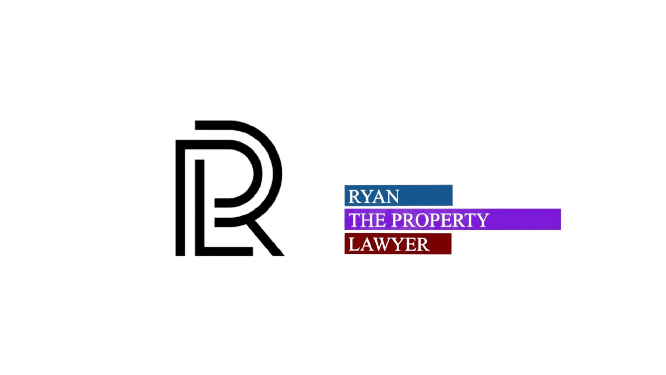Real Estate Eminent Domain: What You Need to Know
This article examines the perspectives of real estate lawyers on the rise of eminent domain and the strategies they employ to safeguard the rights and interests of property owners. Eminent domain refers to the government’s authority to confiscate private property for public use, as long as the proprietor is compensated fairly. In recent years, the use of eminent domain for public initiatives such as infrastructure development, urban renewal, and economic revitalization has increased significantly.
The Legal Foundation and Public Interest Considerations
The origins of eminent domain can be traced to the Fifth Amendment of the United States Constitution, which states that private property cannot be seized without just compensation for public use. However, the interpretation and application of eminent domain laws can vary from jurisdiction to jurisdiction. Real estate lawyers are well-versed in the legal framework surrounding eminent domain, including the criteria for determining public use, the valuation process, and the procedures for challenging government actions.
The Consequences for Property Owners
The expansion of eminent domain has significant consequences for property proprietors. When confronted with the possibility of losing their property, proprietors must navigate a complex legal landscape to safeguard their rights and ensure fair compensation. Real estate lawyers play a crucial role in representing property owners, advocating for their interests, and negotiating with government entities to achieve the optimal result. They provide expert advice on property valuation, evaluate the legality of the government’s actions, and investigate legal recourses to contest the use of eminent domain.
Methods for Defending the Rights of Property Owners
Real estate lawyers employ a variety of strategies to defend the rights of property proprietors against eminent domain proceedings. These methods include:
1. in-depth analysis of the law
Real estate lawyers analyze the circumstances surrounding the proposed property seizure in depth. They analyze the procedural aspects of the eminent domain process and identify potential legal grounds for challenging the government’s actions.
2. Property Assessment and Compensation Evaluation
Lawyers collaborate with independent appraisers to determine the property’s reasonable market value and evaluate the government’s compensation offer. They ensure that property proprietors receive just and fair compensation for their property, taking into account factors such as market value, prospective future use, and any unique qualities that may increase its value.
3. Alternative dispute resolutions and negotiation
Real estate lawyers negotiate with government entities to investigate alternative resolutions that may lessen the impact on property owners. This may entail negotiating alternative property exchanges, relocation assistance, or other concessions that can mitigate the negative effects of eminent domain actions.
4. Legal challenges and the due process
Real estate lawyers can, if necessary, file legal challenges to contest the government’s use of eminent domain. They may argue that the proposed seizure does not satisfy the criteria for public use or that the government’s procedures were flawed. Throughout the legal process, lawyers advocate for their clients’ rights, ensuring that due process is adhered to and property owners are treated equitably.
The rise of eminent domain presents property proprietors with challenges and concerns. Real estate lawyers play a crucial role in defending the legal rights and financial interests of property owners facing eminent domain proceedings. Through their knowledge of the legal framework, property valuation, negotiation, and legal obstacles, these lawyers ensure that property owners receive fair compensation and advocate for their legal rights in the event of eminent domain.
Author Profile

Latest Blog
 Uncategorised22 December 2023What Constitutes a Legal Partnership in Ontario?
Uncategorised22 December 2023What Constitutes a Legal Partnership in Ontario? Uncategorised22 December 2023Characteristics of a Corporation in Ontario
Uncategorised22 December 2023Characteristics of a Corporation in Ontario Uncategorised22 December 2023Intentions Matter When Co-Owning Property
Uncategorised22 December 2023Intentions Matter When Co-Owning Property Uncategorised22 December 2023Consequences of Operating an Ontario Partnership
Uncategorised22 December 2023Consequences of Operating an Ontario Partnership




